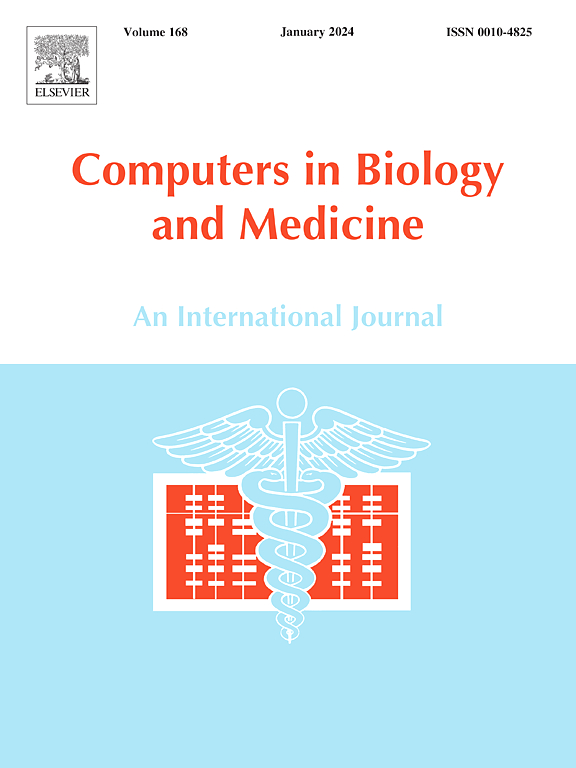Enhancing healthcare data security using RFE and CRHSM for big data
IF 7
2区 医学
Q1 BIOLOGY
引用次数: 0
Abstract
Providing security to the medical big data stored in healthcare cloud systems is the most exciting and demanding task in the present day. Many researchers use cryptographic techniques to protect big data against malicious users/attacks in cloud environments. Still, they face the problems of high complexity in operations, increased time consumption, storage overhead, and lack of efficiency. Hence, this paper aims to develop a new extensive data security framework for improving the reliability of healthcare systems. The main contribution of this work is to introduce a novel Cohesive Random-Hash based Security Model (CRHSM) for securing both user authentication and medical records. Here, the hospital environment is considered with the entities of patients, healthcare professionals, and hospital servers. In this environment, the registered entities can only participate in communication, including system initialization, registration, login, authentication, encryption, and decryption modules. First, the entities must register with the hospital server to obtain the smart card for further communications. Here, the Squirrel Search Optimization (SSO) technique generates the random number used for the registration phase. During the login and authentication module, the legitimacy of patients and healthcare professionals is validated based on the authentication parameters. Moreover, the medical records are encrypted before storing them in the cloud systems using an efficient Reformist Feistel Encryption (RFE) mechanism. Moreover, various evaluation parameters are considered for assessing the performance of the proposed model, and the evaluated values are compared with security approaches to validate the effectiveness of the proposed scheme.

求助全文
约1分钟内获得全文
求助全文
来源期刊

Computers in biology and medicine
工程技术-工程:生物医学
CiteScore
11.70
自引率
10.40%
发文量
1086
审稿时长
74 days
期刊介绍:
Computers in Biology and Medicine is an international forum for sharing groundbreaking advancements in the use of computers in bioscience and medicine. This journal serves as a medium for communicating essential research, instruction, ideas, and information regarding the rapidly evolving field of computer applications in these domains. By encouraging the exchange of knowledge, we aim to facilitate progress and innovation in the utilization of computers in biology and medicine.
 求助内容:
求助内容: 应助结果提醒方式:
应助结果提醒方式:


